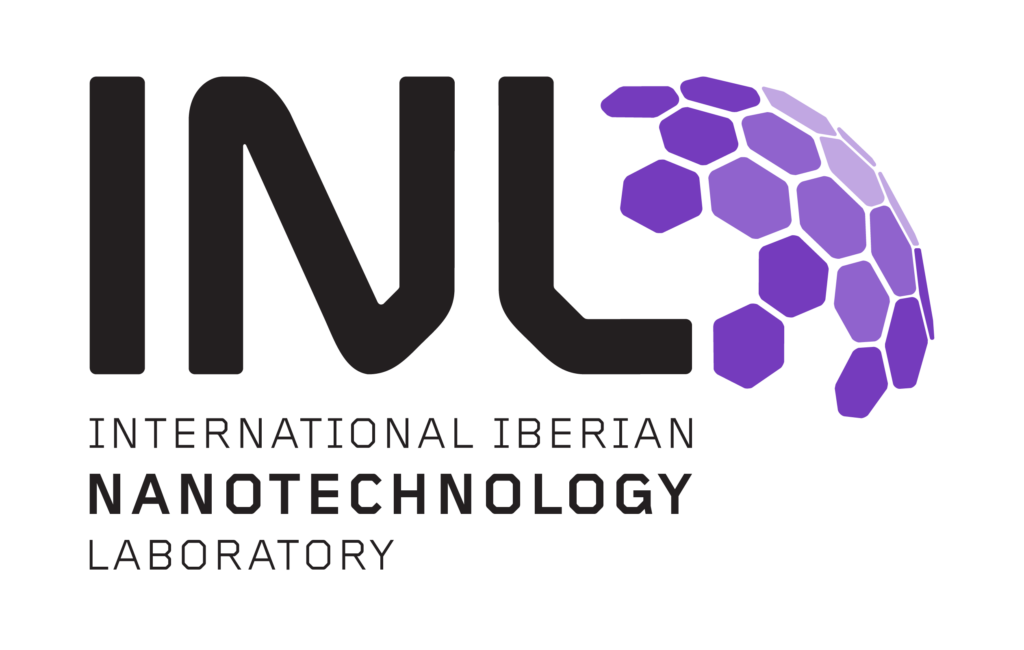International Iberian Nanotechnology Laboratory
Braga (Portugal)
ABOUT INL
INL is the world´s only intergovernmental research organisation focused on nanotechnology with a worldwide mandate. INL was founded by the Portuguese and Spanish governments and celebrated its 10th anniversary last year. At INL we target the areas of Urbanization & Mobility, Ageing & Well-being and Safe & Secure Society and we are passionately committed to contributing to make a change in the research eco-system and to bring technology into innovation in co-creative partnerships with industries in a worldwide perspective.
INL offer possibilities for researchers worldwide to jointly contribute to tackling the largest global challenges in an open multicultural and multidisciplinary environment. INL has a strong growth mode and currently has 325 highly educated members of the personnel from 31 countries. INL´s facility includes a fully-equipped state-of-the-art laboratory allowing pilot production in fields from medical devices, food & environmental systems to electronics and sensors and engineering accompanied with state-of-the-art electron microscopy and spectroscopy as well as Nano-photonics.
INL has a large range of active partnerships worldwide with industries and R&D actors offering large interconnectivity. INL also serves the EU in various coordinating and support actions and is also an international voice of nanotechnology.
INL – International Iberian Nanotechnology Laboratory
Avenida Mestre José Veiga s/n
4715-330 Braga
Portugal
TOUR INL FACILITIES
INL offers today a full-fledged nanotechnology laboratory enabling leading forefront research of highest international standard.
Braga, an UNESCO creative city

VISIT BRAGA
Situated in northern Portugal, Braga is the country’s oldest city and a beautiful destination with rich culinary tradition and stunning architecture. This modern city is home to the iconic Bom Jesus Sanctuary, impressive churches and monuments.
Braga creative city for two millennia
Braga was selected as a UNESCO Creative City for the field of Media Arts. Since its foundation the city has been in the avant-garde of its different contemporary scenarios, whether it was under the roman empire or during the sumptuous barroque period. With each challenge, the city has become richer in diversity and more curious about near future.
Braga is a lively city, one of the oldest in the country, and is teeming with young people who study at its universities.
Built more than 2,000 years ago, “Bracara Augusta” was, as the name indicates, founded by Augustus; it was located on one of the main Roman roads in the Iberian Peninsula, since it was the administrative seat of the Empire, and later given the status of capital of the Roman province of Gallaecia, present-day Galicia, by Emperor Caracalla. The Braga Diocese is the oldest in Portugal and, in the Middle Ages, the city even competed with Santiago de Compostela in power and importance. One of the Camiños de Santiago passed through here when this pilgrimage cult grew with the Christian reconquest and the foundation of Portugal.
Braga’s Cathedral is also the oldest in the country and was built in the 12th century by the parents of Portugal’s first King, D. Henrique and D. Teresa, who are buried there. Braga is to this day one of the country’s main religious centres, having the Holy Week Celebrations and the São João Festival as the highlights in its liturgical and tourist calendar.
Besides the Tesouro-Museu da Sé (Cathedral Treasure Museum), it is worth visiting the Biscainhos Museum, housed in a Baroque palace, a landmark period in the history of Braga, and the D. Diogo de Sousa Archaeological Museum, since the city also abounds in remains from the Roman era. We suggest a leisurely stroll around the historic centre to visit some of the many churches, admire the houses and historical buildings, such as the Palácio do Raio, the Theatro Circo, the Arco da Porta Nova, and to have a coffee at the emblematic Brasileira with a view of the busy Avenida Central. But Braga is considered the youngest city in Portugal and, from its contemporary landmarks, the Braga Municipal Stadium stands out, designed by Souto Moura, one of the most prestigious Portuguese architects and winner of the Pritzker Prize.
Every visitor to Braga must see the Bom Jesus Sanctuary, a city icon, with its monumental staircase. Amid an expanse of greenery, it offers an excellent panoramic view of the city, as do two other churches nearby: Nossa Senhora do Sameiro Sanctuary, an important place of Marian worship, and Santa Maria da Falperra Church. Outside the historic centre, São Martinho de Tibães Monastery and S. Frutuoso de Montélios Chapel also warrant a visit for their beauty and historical significance.
In terms of gastronomy, codfish prepared in the Braga, Narcisa or Minho styles has to be inevitably mentioned, as well as roast kid and Pudim Abade de Priscos (crème caramel with bacon). Night-life, in this city of students, is not to be missed, as there’s some form of entertainment for everyone.
Over the last few years, the University and the quality of contemporary architecture have instilled an atmosphere of youthful vibrancy which has brought this ancient city an unexpected modernity.


